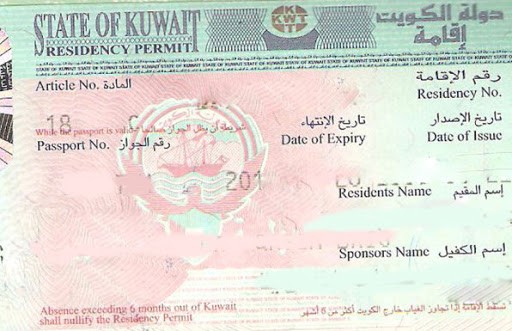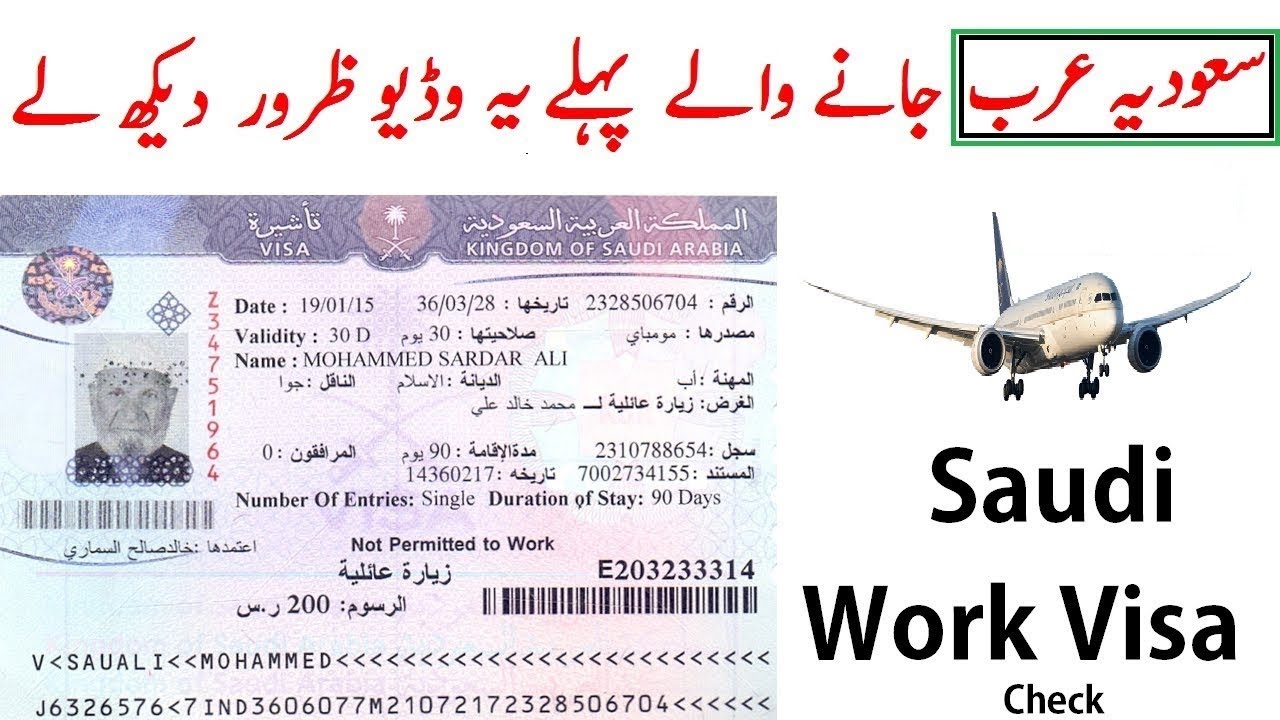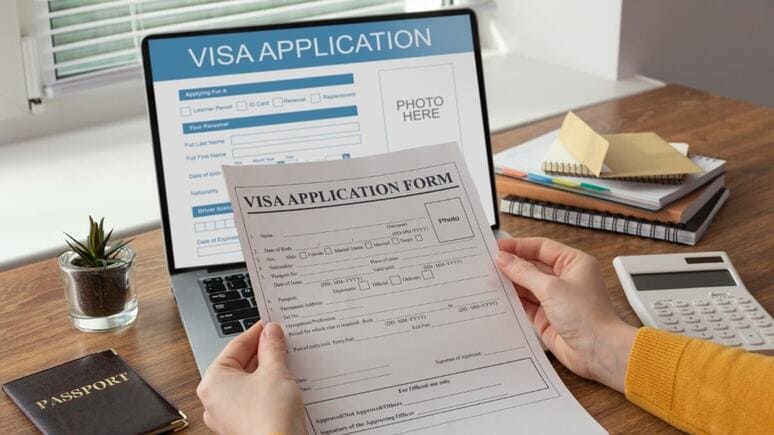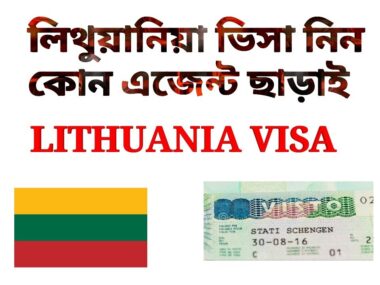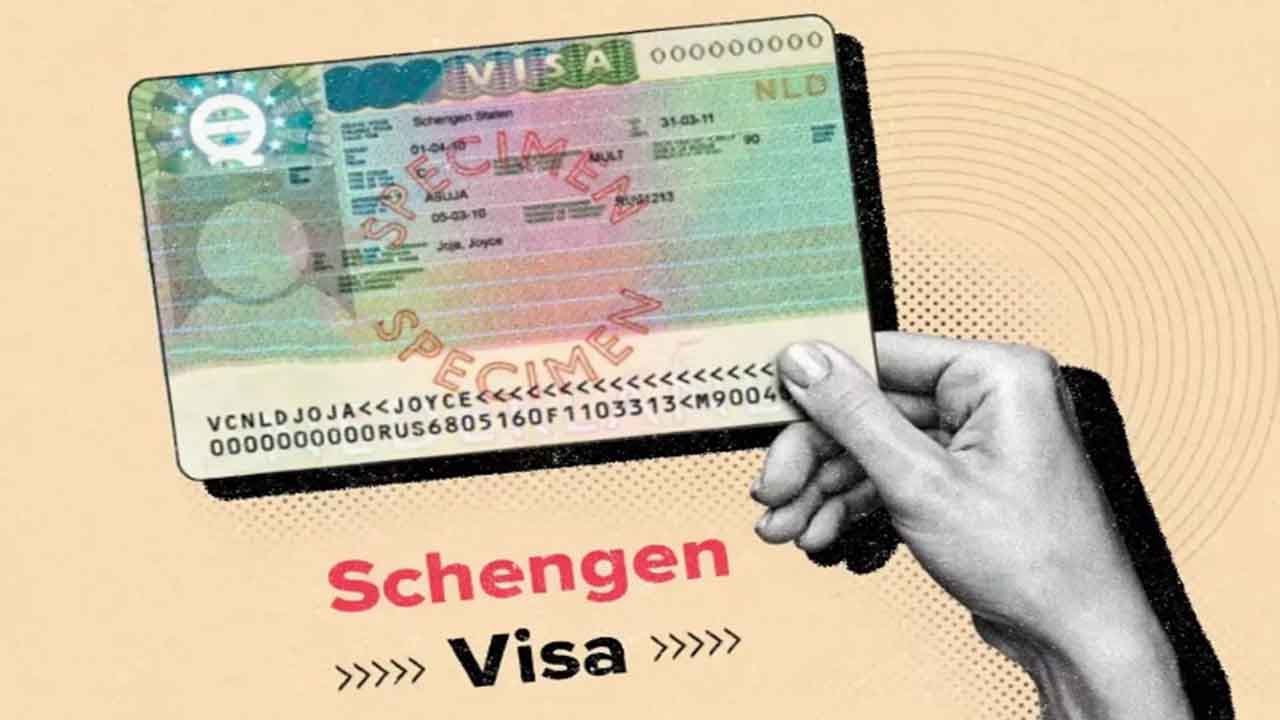Equatorial Guinea, a small yet vibrant nation in Central Africa, is increasingly becoming a destination for healthcare professionals seeking unique career opportunities. With its rapidly developing economy, driven largely by oil and gas, the country is investing in improving its healthcare infrastructure to meet the needs of its population. For healthcare workers—doctors, nurses, pharmacists, and other specialists—Equatorial Guinea offers a chance to contribute to a growing sector while immersing in a culturally rich environment. However, navigating the employment visa process can be daunting without clear guidance. This article provides a detailed, practical, and up-to-date roadmap for healthcare workers aiming to secure an employment visa for Equatorial Guinea, enriched with expert insights, real-world examples, and actionable advice.
Why Healthcare Workers Are in Demand in Equatorial Guinea
Equatorial Guinea’s economy has transformed since the discovery of significant oil and gas reserves in the 1990s. The influx of wealth has spurred investments in infrastructure, including healthcare. However, the country faces a shortage of skilled healthcare professionals, creating opportunities for foreign workers to fill critical roles. Urban centers like Malabo and Bata are seeing the development of modern hospitals and clinics, yet the local workforce alone cannot meet the demand for specialized skills.
The government prioritizes healthcare improvements to address challenges like malaria, HIV/AIDS, and maternal health, as noted by the World Health Organization. Foreign healthcare workers bring expertise, often in fields like epidemiology, surgery, and public health, that are vital for these initiatives. For instance, a Nigerian doctor I spoke with, Dr. Adebayo, shared his experience working in Malabo: “The need for skilled surgeons was evident. I was able to perform complex procedures that weren’t widely available locally, and the community was incredibly welcoming.”
This demand creates a unique opportunity, but it also comes with a complex visa process. Below, we’ll break down the steps, requirements, and insider tips to help you secure an employment visa as a healthcare worker.
Understanding the Equatorial Guinea Employment Visa Landscape
Equatorial Guinea requires foreign nationals, except those from visa-exempt countries (e.g., CEMAC nations, the United States for up to 90 days), to obtain a work visa and permit to work legally. Healthcare workers typically apply for a Long-Term Work Visa (Visa de Trabajo de Larga Duración) or a Skilled Worker Visa, depending on the contract duration and role. These visas are tied to a specific job and require employer sponsorship.
The process involves coordination with the Ministry of Labor, Employment, and Social Security, and sometimes the Ministry of Health, to ensure compliance with local labor laws. The government emphasizes hiring local workers, so employers must justify the need for foreign expertise, which is common in specialized healthcare roles.
Types of Work Visas for Healthcare Workers
Equatorial Guinea offers several visa types, but the following are most relevant for healthcare professionals:
|
Visa Type |
Validity |
Purpose |
Best For |
|---|---|---|---|
|
Long-Term Work Visa |
Up to 1 year, renewable |
For employees with contracts exceeding 90 days |
Doctors, nurses, or specialists with long-term hospital contracts |
|
Short-Term Work Visa |
Up to 90 days |
For temporary roles, training, or consultations |
Medical consultants or short-term project workers |
|
Skilled Worker Visa |
Varies, typically 1-3 years |
For highly qualified professionals in critical sectors |
Surgeons, epidemiologists, or medical researchers |
Each visa type requires specific documentation and employer involvement, which we’ll explore in detail.
Step-by-Step Guide to Securing an Employment Visa
Step 1: Secure a Job Offer
The visa process begins with a job offer from a registered employer in Equatorial Guinea, such as a hospital, clinic, or international NGO. Employers must demonstrate that the role cannot be filled by a local candidate, a requirement that’s often straightforward for specialized healthcare positions. For example, a British nurse, Sarah, secured a position with a private clinic in Bata after her employer submitted a letter justifying her expertise in pediatric care, a scarce skill locally.
Tip: Research reputable employers through platforms like the World Health Organization or international recruitment agencies specializing in African healthcare. Ensure the job offer includes a detailed employment contract in Spanish, as this is a legal requirement.
Step 2: Gather Required Documents
The documentation process is critical and varies slightly by visa type. Below is a comprehensive list of commonly required documents for healthcare workers:
|
Document |
Details |
Notes |
|---|---|---|
|
Valid Passport |
Must be valid for at least 6 months with 2 blank pages |
Ensure a clear scan of the information page |
|
Employment Contract |
Signed, detailing job role, salary, and duration |
Must be in Spanish and registered with the Ministry of Labor |
|
Medical Certificate |
Proof of good health, often including HIV/AIDS test |
Obtain from a recognized medical facility |
|
Yellow Fever Vaccination |
International Certificate of Vaccination (ICV) |
Mandatory due to disease risk in Equatorial Guinea |
|
Police Clearance |
Clean criminal record from home country |
May require translation and notarization |
|
Professional Qualifications |
Degrees, licenses, or certifications |
Must be translated into Spanish and certified |
|
Sponsorship Letter |
From employer, justifying the need for a foreign worker |
Includes job description and employer’s financial stability |
Expert Insight: Dr. Maria Lopez, an immigration consultant with experience in African markets, advises, “Double-check that all documents are translated into Spanish by a certified translator. Errors in translation can lead to delays or rejections.”
Step 3: Employer Sponsorship and Work Permit Application
The employer submits a formal sponsorship request to the Ministry of Labor, Employment, and Social Security. This includes:
-
A letter justifying the need for a foreign healthcare worker.
-
Proof of the employer’s legal status and financial stability.
-
The signed employment contract.
The Ministry reviews the application within 7 days, ensuring the role aligns with national labor priorities. For healthcare workers, approvals are often expedited due to the sector’s critical needs.
Real Example: A Ghanaian pharmacist, Kwame, faced delays because his employer initially omitted the justification letter. After resubmitting with a detailed explanation of his expertise in compounding medications, his visa was approved within two weeks.
Step 4: Apply for the Work Visa
Once the work permit is approved, you’ll apply for the visa through an Equatorial Guinean embassy or consulate in your home country. If no embassy exists, you may apply at the nearest one or, in some cases, for a visa on arrival (though this is riskier and not guaranteed). Since July 2023, Equatorial Guinea has introduced an e-Visa system, accessible via Malabo International Airport, which simplifies the process for some applicants.
Application Steps:
-
Complete the online e-Visa form or submit a paper application at the embassy.
-
Upload or submit all required documents.
-
Pay the visa fee (approximately US$200–$500, depending on the visa type and consulate).
-
Schedule an interview if required by the consulate.
Tip: Start the application process at least 60 days before your intended travel date, as processing can take 2–4 weeks.
Step 5: Obtain a Residence Permit
For stays exceeding 90 days, you must apply for a residence permit from the Ministry of National Security after arriving in Equatorial Guinea. This involves registering at the local City Hall and submitting:
-
Proof of accommodation.
-
A valid work visa.
-
Additional identification documents.
Insight: The residence permit process can be bureaucratic. Partnering with an Employer of Record (EOR) like Skuad or Neeyamo can streamline compliance and paperwork.
Costs and Processing Times
The cost of obtaining an employment visa varies based on the visa type, consulate fees, and additional services like document translation. Below is a breakdown:
|
Expense |
Estimated Cost |
Notes |
|---|---|---|
|
Visa Fee |
US$200–$500 |
Varies by consulate and visa type |
|
Document Translation |
US$50–$150 per document |
Required for non-Spanish documents |
|
Medical Certificate |
US$100–$200 |
Includes required tests |
|
Yellow Fever Vaccination |
US$50–$100 |
Check CDC guidelines for clinics |
|
Police Clearance |
US$20–$100 |
Depends on home country |
Processing times typically range from 2 to 4 weeks for the visa, with work permit reviews taking about 7 days. Delays can occur if documents are incomplete or if the employer’s sponsorship letter lacks detail.
Expert Advice: Budget for unexpected costs, such as notarization or expedited processing fees. A South African nurse I interviewed saved time by using a visa agency like VisaHQ, which handled document preparation for a small fee.
Challenges and How to Overcome Them
1. Bureaucratic Delays
Equatorial Guinea’s immigration system can be slow, with requirements sometimes changing without notice. To mitigate this:
-
Work with an EOR or local immigration expert to stay updated on regulations.
-
Submit applications well in advance (at least 2–3 months before travel).
2. Language Barrier
Spanish is the official language, and all documents must be in Spanish. Non-Spanish-speaking healthcare workers may struggle with communication.
-
Solution: Enroll in basic Spanish courses before departure. Apps like Duolingo or local language schools can help. Dr. Adebayo noted, “Learning basic Spanish made daily interactions with patients and staff much smoother.”
3. Cultural Adaptation
Adjusting to Equatorial Guinea’s culture, including its mix of Spanish and African influences, can be challenging.
-
Solution: Engage with local communities and expat groups in Malabo or Bata for support. Attend cultural events to build connections.
4. Health and Safety
Equatorial Guinea has risks like malaria and schistosomiasis. Healthcare workers must take precautions:
-
Get vaccinated for yellow fever and other recommended vaccines.
-
Use insect repellent and avoid untreated water sources.
Benefits of Working as a Healthcare Professional in Equatorial Guinea
Despite the challenges, working in Equatorial Guinea offers unique rewards:
-
Competitive Salaries: Healthcare professionals in the oil and gas sector or private clinics can earn €1,000–€3,000 per month, higher than many African countries.
-
Cultural Immersion: Living in Malabo or Bata provides a blend of urban amenities and rich cultural experiences, from Fang traditions to Spanish colonial architecture.
-
Career Impact: Contributing to a developing healthcare system can be deeply fulfilling. Sarah, the British nurse, shared, “Seeing the direct impact of my work on children’s health was worth every bureaucratic hurdle.”
Practical Tips for Success
-
Partner with an EOR: Organizations like Velocity Global or Skuad can handle visa sponsorship, payroll, and compliance, reducing your administrative burden.
-
Network with Expats: Join online forums or LinkedIn groups for healthcare professionals in Equatorial Guinea to gain insights and support.
-
Stay Compliant: Ensure your employer registers your contract with the National Institute of Social Security (INSESO) to avoid legal issues.
-
Prepare for Urban Life: Focus on securing accommodation in Malabo or Bata, where infrastructure is better suited for expats.
Frequently Asked Questions
-
What types of healthcare roles are most in demand in Equatorial Guinea?Roles like surgeons, pediatricians, epidemiologists, and nurses are highly sought after due to local shortages.
-
Do I need to speak Spanish to work in Equatorial Guinea?While not mandatory, basic Spanish proficiency is highly recommended for effective communication with patients and staff.
-
How long does the visa process take?The visa process typically takes 2–4 weeks, with work permit reviews taking about 7 days.
-
Can I apply for a visa on arrival?Yes, but only if there’s no Equatorial Guinean embassy in your country. It’s riskier and not guaranteed.
-
What happens if my visa application is denied?You can appeal to the Ministry of Labor and Social Security within 7 days, providing additional documentation.
-
Is yellow fever vaccination mandatory?Yes, you must present an International Certificate of Vaccination upon arrival.
-
Can my family join me in Equatorial Guinea?Yes, with a long-term work visa, you can sponsor dependents, provided you prove financial stability and accommodation.
-
Are there visa exemptions for healthcare workers?No, but citizens of CEMAC countries and the U.S. (for up to 90 days) are exempt from entry visas.
-
How much does a work visa cost?Fees range from US$200–$500, depending on the visa type and consulate.
-
Can I switch employers while on a work visa?You’ll need a new sponsorship letter and work permit, as visas are tied to specific employers.
Conclusion and Call to Action
Securing an employment visa for Equatorial Guinea as a healthcare worker is a complex but rewarding process. With the right preparation, documentation, and employer support, you can embark on a fulfilling career in a country where your skills can make a tangible difference. Start by securing a job offer, gathering certified documents, and partnering with an EOR if needed. For the latest visa requirements, visit equatorialguinea-evisa.com or contact an Equatorial Guinean embassy. Ready to take the leap? Apply with confidence and bring your expertise to Equatorial Guinea’s growing healthcare sector today!

